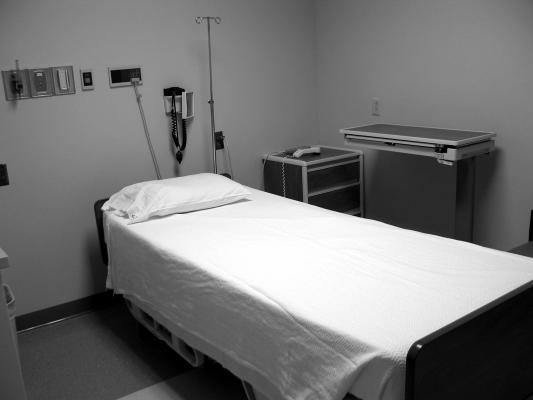
January 28, 2015 — A tool designed to assess what interferes with acute heart failure patients' ability to care for themselves after hospital discharge holds promise for improving patient outcomes and reducing readmissions to the hospital. The patient survey, designed by researchers at Vanderbilt University, was published online in Annals of Emergency Medicine, along with patient responses that shed light on the non-medical issues that limit patients' ability to care for themselves.
"In order to reduce the number of patients returning to the emergency department for heart failure exacerbations, we need a better handle on what they can and cannot do for themselves after hospital discharge and why," said lead study author Richard Holden, Ph.D., of Indiana University in Indianapolis. "More than three-quarters of acute heart failure patients in the ER are experiencing exacerbation of their condition, not something new. Many of those exacerbations are the result of self-care challenges, including inadequate access to medications or lack of knowledge, which theoretically can be modified for the better."
Holden and his team surveyed 31 acute heart failure patients who visited the emergency department.
Of 47 different self-care barriers (such as transportation problems, insurance problems and caregiver responsibilities), an average of 15 per patient were indicated as sometimes or often present. Thirty-three of the barriers were reported by at least 25 percent of all patients. The top 10 most prevalent barriers were:
- Co-morbidities
- Physical disability
- Degree of sickness
- Feeling frustrated
- Knowledge about disease
- Functional limitations
- Memory and attention deficits
- Special occasions (minor disruptions)
- Lack of control
- Disruptions (major disruptions)
Weather, physical obstacles and a food culture incompatible with dietary restrictions were also frequently mentioned as barriers to self-care. Certain barriers also compound each other. In one example, a patient was sick but also taking care of others and working full time, leaving little time for her own self-care.
"The first step in addressing these barriers is to develop a focused, valid and feasible measurement instrument for self-care barriers in the ER," said Holden. "The social determinants of health, along with factors such as poverty and a lack of transportation, must be addressed in order to improve the ER bounce-back rate for acute heart failure patients."
For more information: www.acep.org


 February 03, 2026
February 03, 2026 









